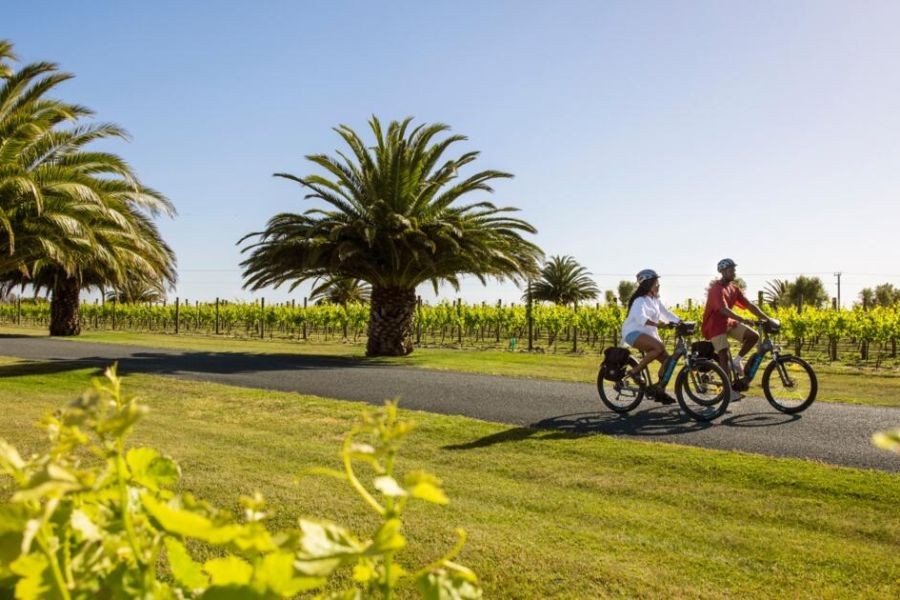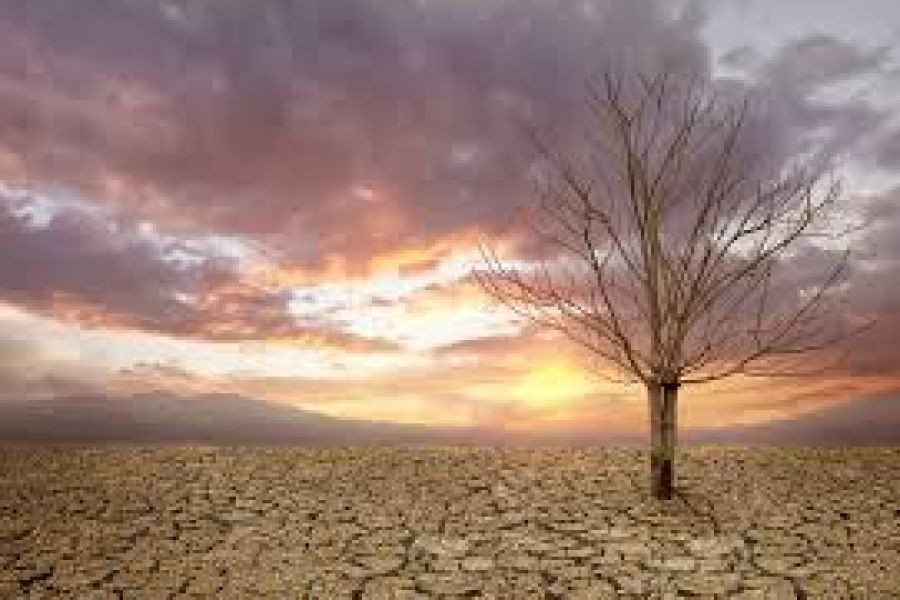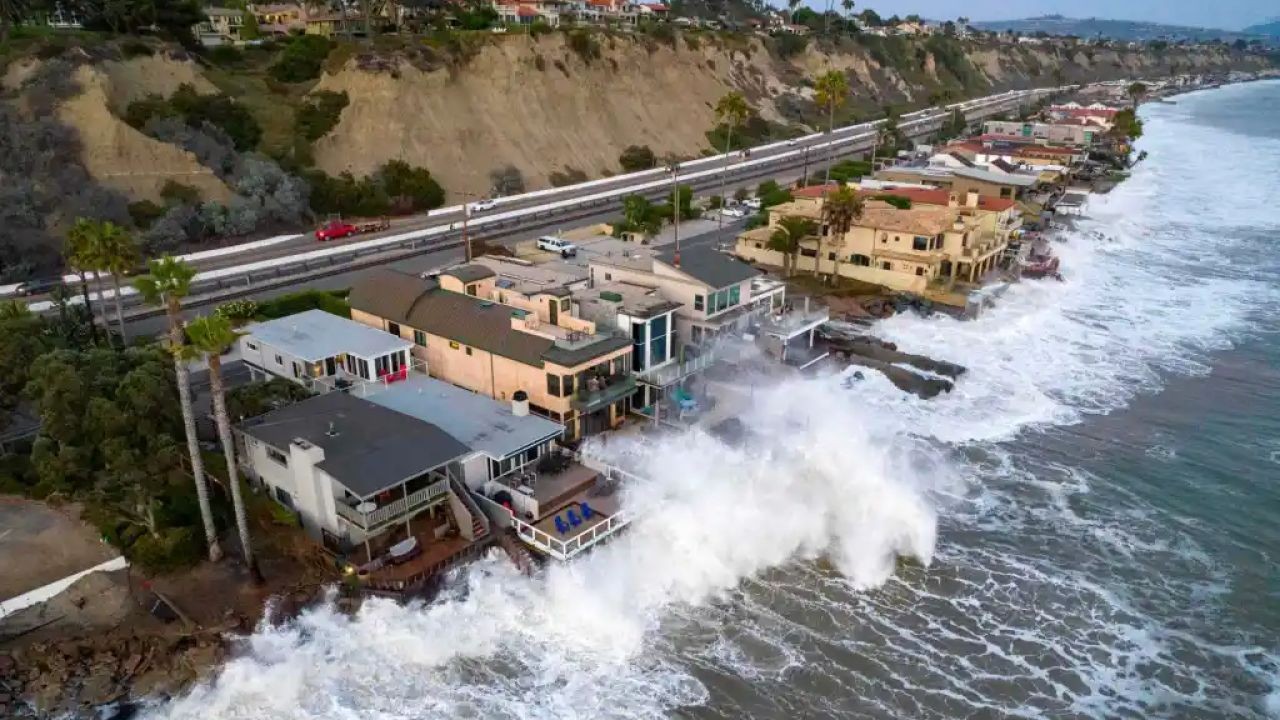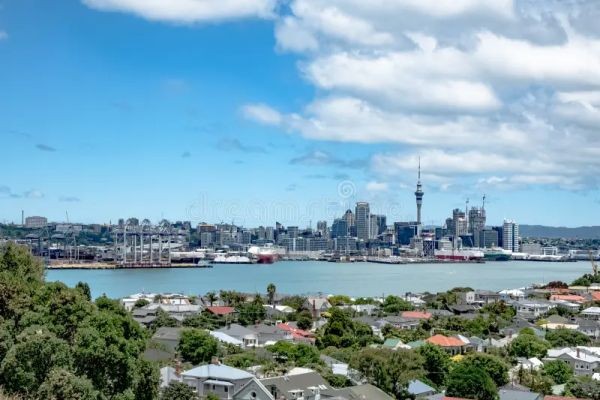Introduction
Imagine a pristine landscape, echoing with the sounds of nature, teeming with unique wildlife and vibrant Maori culture. This vision of New Zealand is a double-edged sword for its tourism economy. While it's a magnet for millions of international visitors, generating significant revenue, it also places immense pressure on local ecosystems and communities. According to the Ministry of Business, Innovation and Employment (MBIE), tourism contributed $41.9 billion to New Zealand's GDP in 2021. However, the same industry is also responsible for increased carbon emissions and environmental strain. The critical question remains: how can New Zealand balance economic prosperity with sustainability?
Join the conversation: Is the current tourism model sustainable for New Zealand's future? Share your thoughts below!
The Historical Evolution of New Zealand's Tourism Industry
New Zealand's tourism industry has undergone a transformative journey from being a niche market to becoming a major economic pillar. Initially, the appeal of New Zealand rested in its untouched landscapes and cultural uniqueness. Over the past few decades, aggressive marketing campaigns and international events like the Rugby World Cup have catapulted New Zealand into the global spotlight.
However, the rapid growth of tourism has led to a surge in infrastructural demands and environmental challenges. According to Stats NZ, international visitor numbers reached a record 3.89 million in 2019, before the pandemic. This influx has caused congestion in tourist hotspots like Queenstown and Rotorua, sparking concerns about sustainability.
Case Study: Queenstown – A Paradise Under Pressure
Problem:Queenstown, renowned as the adventure capital of the world, faced severe environmental degradation and overcrowding. The surge in tourism led to increased waste, higher carbon footprints, and strain on local resources.
Action:To counteract these challenges, the Queenstown Lakes District Council implemented sustainable tourism strategies, focusing on waste management, public transport improvements, and promoting off-peak travel.
Result:Visitor satisfaction improved, and the local government reported a 15% reduction in waste generated during the peak season.
Takeaway:The case of Queenstown underscores the importance of strategic planning and community involvement in managing tourism sustainably. Kiwi businesses can adopt similar models to mitigate environmental impacts while benefiting from tourism revenue.
Data-Driven Analysis: Economic Impact vs. Environmental Costs
Tourism is undeniably a major contributor to New Zealand's economy. The Reserve Bank of New Zealand highlights that it accounts for 5.8% of the GDP and employs over 8% of the workforce. However, this economic boon comes at a significant environmental cost.
Research by the University of Otago indicates that tourism-related emissions constitute 8% of the country’s total carbon footprint. This statistic raises critical questions about the sustainability of current tourism practices. The need for eco-friendly policies and practices is more pressing than ever.
Contrasting Perspectives: Economic Growth vs. Environmental Sustainability
- Advocate Perspective: Proponents argue that tourism is essential for economic growth, job creation, and cultural exchange. It provides significant revenue that can be reinvested into conservation efforts.
- Critic Perspective: Critics highlight the negative environmental impacts, including biodiversity loss and pollution. They argue that unchecked tourism can lead to the degradation of natural resources.
- Middle Ground: A compromise approach advocates for sustainable tourism that balances economic benefits with environmental preservation. This includes adopting green technologies, enforcing strict regulations, and promoting responsible tourism behaviors.
Common Myths & Mistakes
- Myth: "Tourism is always beneficial for the economy."Reality: While it boosts GDP, tourism can strain local resources and infrastructure if not managed sustainably.
- Myth: "Only large businesses benefit from tourism."Reality: Small and medium enterprises (SMEs) also thrive, especially those that offer authentic, localized experiences.
- Myth: "Sustainable tourism is too costly."Reality: Eco-friendly practices can reduce costs in the long run through energy savings and waste reduction.
Biggest Mistakes to Avoid
- Ignoring Local Communities: Failing to involve local communities in tourism planning can lead to resistance and negative impacts on cultural sites.
- Over-reliance on International Visitors: The pandemic highlighted the vulnerability of a tourism model dependent on international travelers. Diversifying tourist demographics is crucial.
- Neglecting Environmental Conservation: Short-term economic gains should not overshadow the long-term need for environmental preservation.
Future Trends & Predictions
According to a 2024 report by Deloitte, the future of New Zealand’s tourism industry hinges on sustainability and technology integration. By 2030, AI-driven tools and virtual reality experiences are expected to revolutionize how tourists interact with destinations.
Moreover, government policies are likely to shift towards enforcing stricter environmental regulations. The MBIE is already investing in sustainable tourism initiatives, which could transform New Zealand into a global leader in eco-friendly tourism.
Conclusion
New Zealand's tourism economy is indeed a double-edged sword. While it offers substantial economic benefits, it also poses significant sustainability challenges. The way forward lies in adopting a balanced approach that emphasizes environmental stewardship alongside economic growth.
Are you ready to embrace sustainable tourism practices? Join our Sustainability Newsletter for more insights and strategies on balancing growth with conservation.
People Also Ask (FAQ)
- How does tourism impact New Zealand's economy?Tourism contributes 5.8% to New Zealand’s GDP and employs over 8% of the workforce, according to the Reserve Bank of New Zealand.
- What are the biggest misconceptions about tourism in New Zealand?A common myth is that only large businesses benefit from tourism, but SMEs also thrive, especially those offering localized experiences.
Related Search Queries
- New Zealand sustainable tourism initiatives
- Environmental impact of tourism in NZ
- Future of tourism in New Zealand
- Economic benefits of NZ tourism
- Queenstown tourism sustainability
































Green Dept
9 months ago